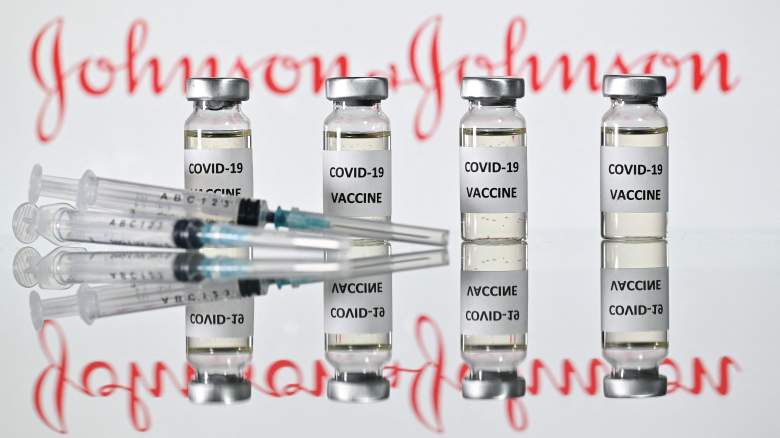
The Centers for Disease Control and Prevention and the Food and Drug Administration on April 13, 2021 halted use of the one-dose Johnson & Johnson COVID-19 vaccine that has been given to 6.8 million people in the U.S. The pause is due to reports of blood clotting in six people who have received the vaccine. One woman died, and another has been hospitalized in critical condition.
Dr. William Petri, an infectious disease physician and immunologist at the University of Virginia School of Medicine, answers questions to help put this development in context:
What is this potential side effect of the J&J vaccine for COVID-19?
The potential side effect is a blood clot in the veins that drain blood from the brain. This is called central venous sinus thrombosis. In the vaccine-associated cases of this, platelets in blood, which are important for making clots, have been lower than normal. While researchers do not know for certain why this is so, platelet counts could be lower perhaps because they have been used up making these clots.
How many people have experienced this possible reaction?
About one in a million: Six cases out of the 6.8 million doses of the J&J vaccine administered in the U.S. These six cases all occurred in women ages 18-48, and from 6 to 13 days after vaccination. That’s about half as likely as getting struck by lightning in a year. What is being determined now is what is the normal background number of cases we might see in the general population without the vaccine as a factor. This will make it possible to determine if the clotting problem is a vaccine side effect or not.
What do I do if I got the J&J shot?
The CDC and FDA are recommending that people who have received the J&J vaccine within the last 3 weeks who develop severe headache, abdominal pain, leg pain or shortness of breath should contact their health care provider.
Fortunately this type of blood clot is treatable with the use of blood thinners or anticoagulants. If a patient has low platelets, however, a doctor would not prescribe the widely used anticoagulant heparin but instead another kind of blood thinner. Untreated, these blood clots can be fatal.
What are the CDC and FDA specifically recommending for the J&J vaccine?
Because of this rare occurrence, even though it has not been shown to be due to the vaccine, the CDC and FDA have recommended a pause in use of the J&J vaccine until these cases can be further reviewed.
What are the next steps?
The CDC will convene a meeting of the Advisory Committee on Immunization Practices on April 14, 2021. The ACIP is an independent board of 15 scientific and medical experts selected by the health and human services secretary that advises the CDC on vaccines for children and adults. People with ties to vaccine manufacturers are excluded from the ACIP membership because of potential conflict of interest.
The ACIP will review the available evidence and make recommendations to the CDC, based to a great extent on the likelihood that the complication is vaccine related.
Is this similar to what happened with the AstraZeneca vaccine in Europe?
A similar rare problem of blood clotting with low platelets in the cerebral venous sinus and also in the abdominal veins and arteries has been seen in connection with the use of theAstraZeneca COVID-19 vaccine used in Europe. There, 182 cases were reported in 190 million doses – again, roughly 1 in 1 million people vaccinated. The European Medicines Agency investigated this and concluded that central venous sinus thrombosis with low platelets should be listed as a possible “very rare side effect” of the AstraZeneca vaccine.
On April 13, 2021, Johnson & Johnson announced it is delaying the rollout of its vaccine in Europe in response to the U.S. review.
What is the take-home message?
The U.S. has a total of three vaccines authorized under emergency use authorization for COVID-19, and this side effect has not been observed in the other two vaccines, developed by Moderna and Pfizer. The Moderna and Pfizer vaccines do not use the same technology used in the J&J and AstraZeneca vaccines. So vaccination against COVID-19 can continue, while efforts are made to determine if the clotting disorder is related by chance or a true, but extremely rare, side effect of the J&J vaccine.
I believe it is a testament to the emphasis by the CDC and FDA on vaccine safety that J&J vaccinations have been paused while this is studied by independent scientists and medical experts.
[More than 104,000 readers rely on The Conversation’s newsletter to understand the world. Sign up today.]![]()
By William Petri, Professor of Medicine, University of Virginia
This article is republished from The Conversation under a Creative Commons license. Read the original article.